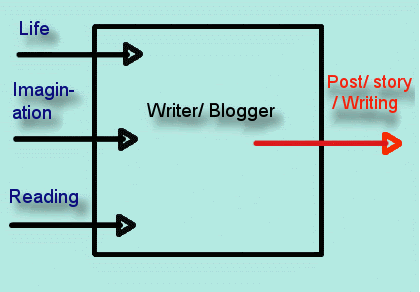
Recently I was going through Brian Clark’s blog, and I came across an article with an interesting title: How Twitter Makes You A Better Writer. After going through the article, I was far from convinced that Twitter can help you in improving your writing. In fact, not too many days ago, I was thinking that too much tweeting can actually hurt your writing.
Twitter gives you only 140 characters to say what is on your mind. With a 140 character limit, there is not a lot that you can say, even if you are trying to be concise. If you want to convey anything meaningful, you need more space than that. If you don’t have more space, what do you do: You try to find a shorter way to say what you have to say.
There are two ways in which you can do that.
The first way: Edit your tweet, change a few words, and try to be as concise as you can, but ensure all the while that you do not break the rules of proper English usage. If this attempt results in less than 140 characters, you are good to go, if not then you still have an unsolved problem on your hands.
The second way: Use chat lingo like u, gr8, dat, etc. Remove any extra words that may be grammatically correct, but are not needed to get the meaning across. In short, just type your message in any way that get the meaning gets across. With SMS already being a part of our lives, this method comes naturally to most of us.
If you were tweeting to impress someone (maybe an editor, or a boss), you might want to take the first route. But, more often than not, Twitter is used as a platform for informal interaction, and playing by the rules is not that important. Therefore, most people choose the second way of making sure that their message does not cross 140 word limits.
As an example in the image above, I have taken one of my own tweets from not too long ago. At the time of tweeting that, I had no idea that I would be writing this post.
What do you think: Does Twitter make you a better writer or a worse one. Or, does it have no effect on your writing?


Recent Comments